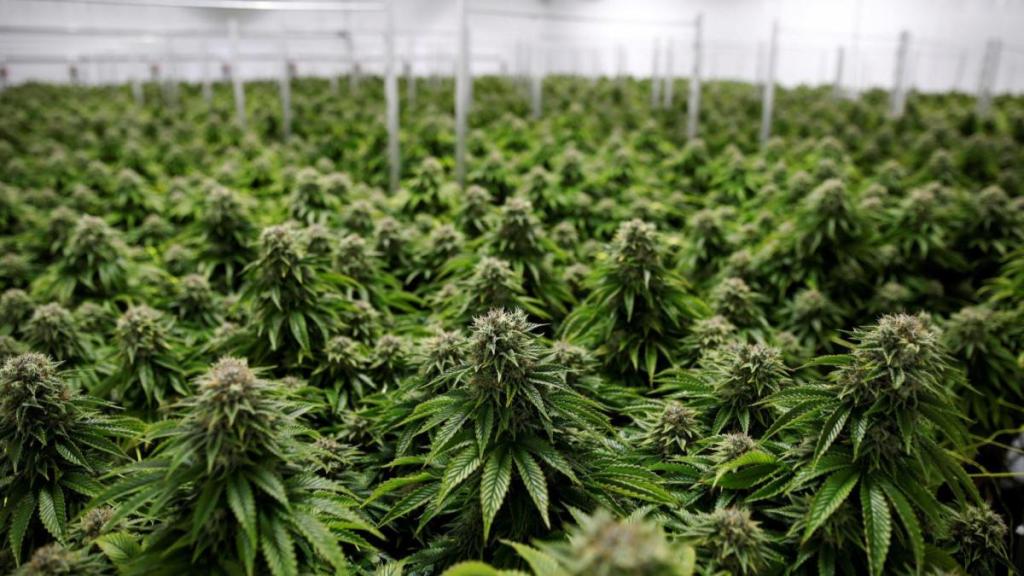The US Justice Department on Thursday announced a formal proposal to reclassify marijuana as a less dangerous drug, marking a significant shift in generations of the country’s drug policy. The proposed rule, sent to the federal register, recognises the medical uses of cannabis and acknowledges its lower potential for abuse compared to some of the nation’s most dangerous drugs. This plan, approved by Attorney General Merrick Garland, stops short of legalizing marijuana outright for recreational use.
What will the proposed rule do?
Under the proposed rule, marijuana would be moved from its current classification as a Schedule I drug, which includes heroin and LSD, to a Schedule III substance, placing it alongside ketamine and some anabolic steroids.
This change follows a recommendation from the Health and Human Services Department, which conducted a review of the drug’s status at the urging of President Joe Biden in 2022.
President Biden has been a vocal advocate for revisiting marijuana laws. He has pardoned thousands of individuals convicted federally of simple possession of marijuana and has encouraged governors and local leaders to do the same. “This is monumental,” Biden said in a video statement. “Far too many lives have been upended because of a failed approach to marijuana, and I’m committed to righting those wrongs. You have my word on it.”
The proposed reclassification initiates a 60-day public comment period, after which an administrative judge may review the rule, potentially extending the process. The Drug Enforcement Administration (DEA) will oversee this process and has not yet made a final determination on marijuana’s classification. However, the DEA is expected to gather more information during the rulemaking process.
Election year, marijuana decriminalisation and young voters
The announcement, coming during an election year, could bolster Biden’s support, especially among younger voters who have increasingly favored the decriminalisation and acceptance of marijuana. While many lawmakers from both major political parties have pushed for the DEA’s decision, some argue that rescheduling does not go far enough and advocate for treating marijuana similarly to alcohol.
Senate Majority Leader Chuck Schumer (D-NY) praised the move and called for further steps toward full legalization. The U.S. Cannabis Council, a trade group, hailed the reclassification as a “tectonic shift away from the failed policies of the last 50 years.”
The reclassification is expected to have a muted immediate effect on the criminal justice system, as federal prosecutions for simple possession have been rare in recent years. However, Schedule III drugs remain controlled substances, and unauthorized trafficking can still result in federal prosecution.
Growth of marijuana industry in US
Federal drug policy has trailed behind state legislation, with 38 states having legalized medical marijuana and 24 states allowing recreational use. This has contributed to the rapid growth of the marijuana industry, now estimated to be worth nearly $30 billion.
Easing federal regulations could significantly reduce the tax burden on marijuana businesses, which can exceed 70%, and facilitate more research by easing restrictions on clinical studies.
(With inputs from Associated Press)


